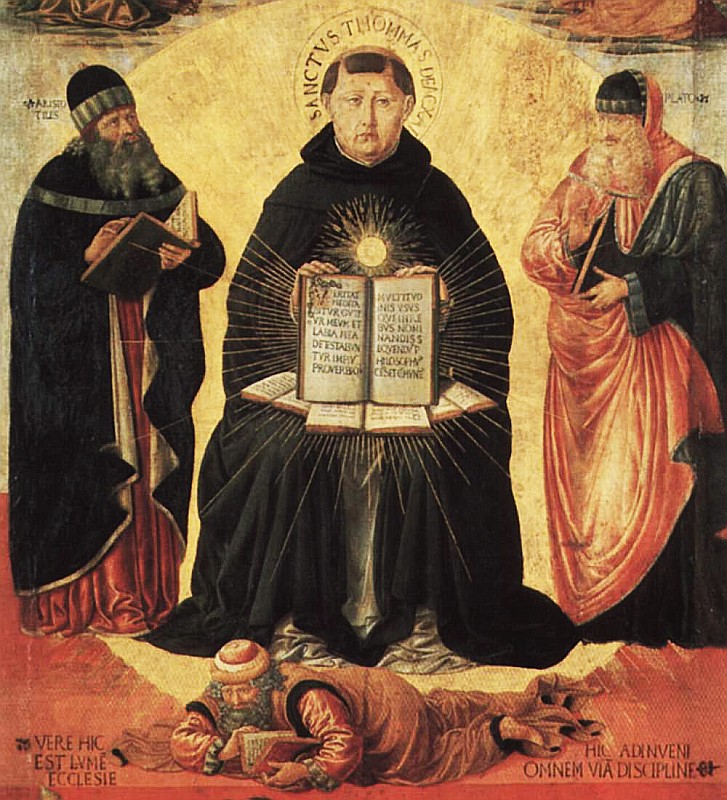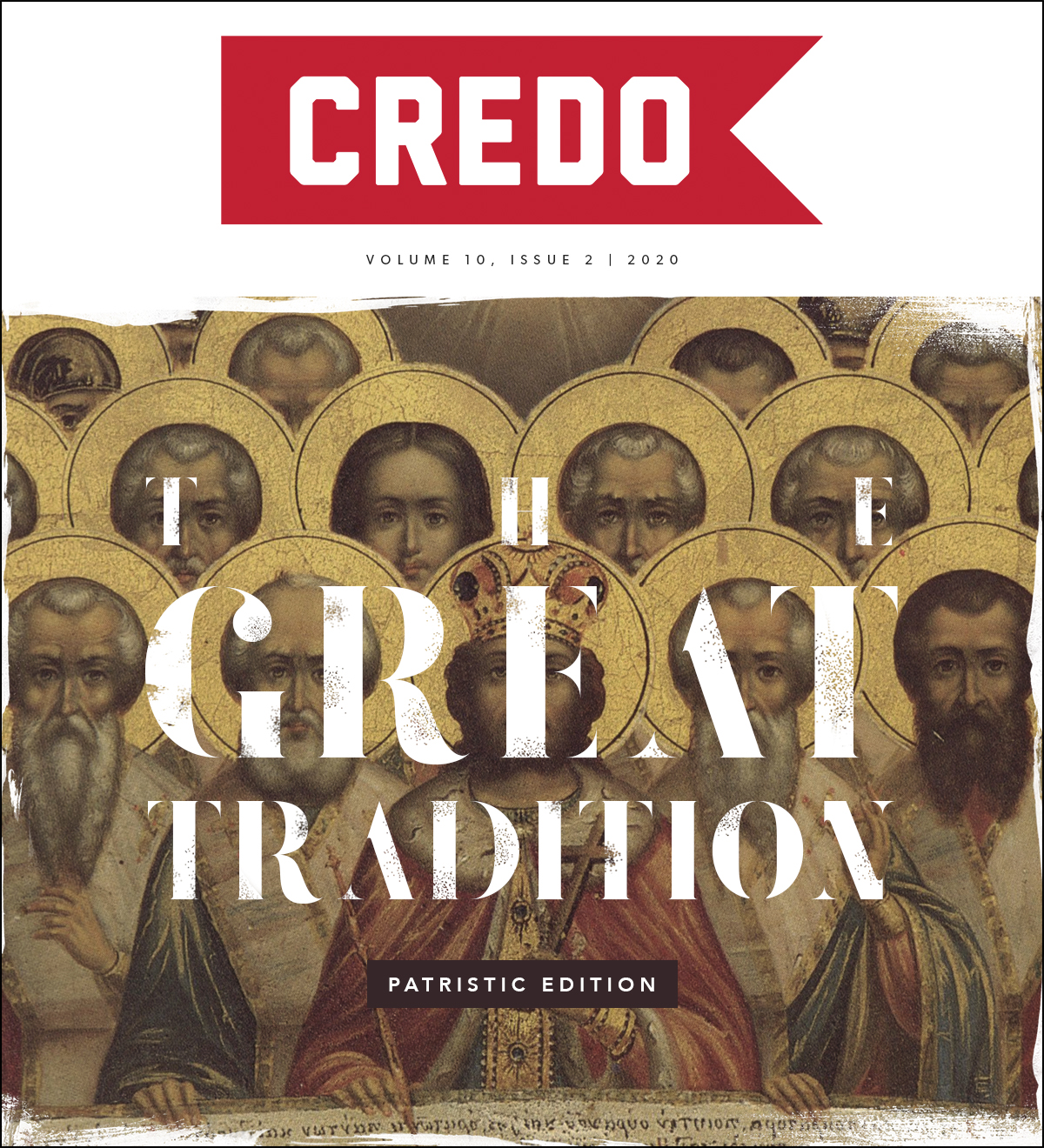RamistThomist
Puritanboard Clerk
In light of recent comments on James White and the Great Tradition, I thought it might be helpful to clear the ground on what it might mean.
1. I agree, Christian Platonism is a terrible moniker. I've read all of Plato's writings and though it is fun to watch Socrates troll people, Plato qua Plato has problems.
2. What Carter and others mean, though, is simply metaphysical Augustinianism. If you are a historically-minded Western Christian, this is you. You might not like it, but this is probably what you default to.
3. That means things like Truth and Goodness really exist and aren't simply names.
4. I don't like allegory, but I have not yet seen them say they affirm the fourfold method. I could be wrong, though. Typology, by contrast, is the answer. Typology is rooted in historical realities.
5. It is possible to give too much credence to tradition. That's not really what modern Americans are guilty of. The opposite error is also likely.
6. Even though I believe metaphysical realism is true, not all of them are the same. Plato's view of the soul is not the same as Aquinas's.
7. The Great Tradition is probably more amenable to Augustine's view of "Signs/Things" as discussed in On Christian Doctrine.
1. I agree, Christian Platonism is a terrible moniker. I've read all of Plato's writings and though it is fun to watch Socrates troll people, Plato qua Plato has problems.
2. What Carter and others mean, though, is simply metaphysical Augustinianism. If you are a historically-minded Western Christian, this is you. You might not like it, but this is probably what you default to.
3. That means things like Truth and Goodness really exist and aren't simply names.
4. I don't like allegory, but I have not yet seen them say they affirm the fourfold method. I could be wrong, though. Typology, by contrast, is the answer. Typology is rooted in historical realities.
5. It is possible to give too much credence to tradition. That's not really what modern Americans are guilty of. The opposite error is also likely.
6. Even though I believe metaphysical realism is true, not all of them are the same. Plato's view of the soul is not the same as Aquinas's.
7. The Great Tradition is probably more amenable to Augustine's view of "Signs/Things" as discussed in On Christian Doctrine.


